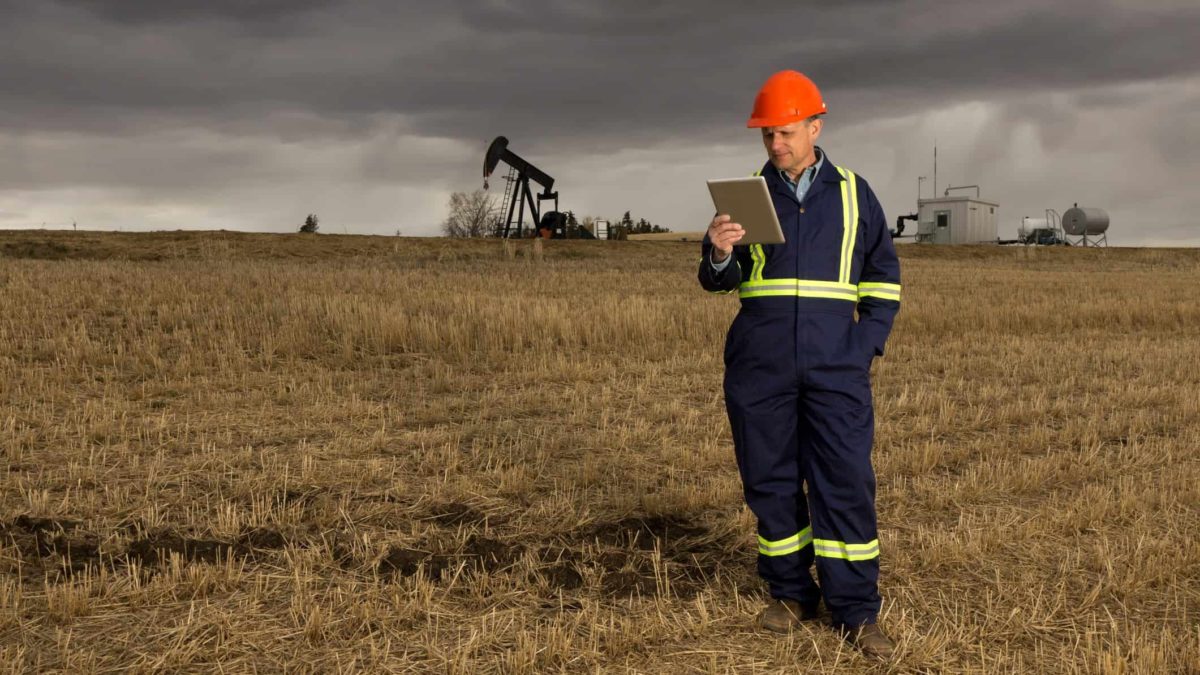Australia's biggest listed companies, those trading on the S&P/ASX 200 Index (ASX: XJO), would do well to take note of the latest figures out from Xpansiv.
Xpansiv, according to the company's website, is "the global marketplace for ESG-inclusive commodities."
What did Xpansiv report?
In a report released on Friday, Xpansiv announced that its CBL platform, "the world's largest exchange for trading carbon credits, renewable energy certificates, water entitlements, and digital fuels", saw its carbon credit volumes soar 292% year-on-year.
Volumes have now already exceeded 100 million tonnes year-to-date.
This comes, in part, as ever more companies are working to get ahead of the net-zero carbon goals promised by their governments in line with the Paris Climate Agreements.
Commenting on the rapid growth, Ben Stuart, Xpansiv's chief commercial officer said:
This truly momentous milestone is a testament to the vital role the voluntary carbon market plays in corporate net-zero programs, CBL's central position as a global trading and clearing hub for carbon, the dedicated support of our more than 400 members, and the ingenuity and incredibly hard work of our team.
How are ASX 200 companies faring?
While some ASX 200 companies are proactively targeting emissions reductions, others are lagging, compared to their global peers.
That's according to a report by global investment groups which include Investor Group on Climate Change (IGCC), the Asian Investor Group on Climate Change, and Ceres.
The groups said that the actions or inactions of some ASX 200 companies is largely due to a lack of climate leadership from the Aussie government.
As my Foolish colleague Brooke Cooper, wrote last month following the release of the report, "Australia spent less than 2% of its COVID-19 economic recovery spending on green initiatives."
Explaining why that could impact ASX 200 shares, IGCC's policy director Erwin Jackson said:
There's a really big gap emerging between Australia's current 2030 target and what our other major allies and trading partners are doing. That gap is a big concern for investors because… it shows Australia is exposed to the transition in the global economy that is under way…
It's not always easy knowing who's going green on the ASX 200
With that said, ASX 200 investors won't always find it simple to know just how much companies are really doing in terms of their emissions pledges and wider ESG principles.
As Shayne Eliot, CEO of Australia and New Zealand Banking Group Ltd (ASX: ANZ) recently pointed out, "Clearly, one of the risks at the moment is there is too much money out there, the risk of greenwashing, of trying to cobble together things to give it some sense of 'greenness' to satisfy that massive level of demand."
Now there are far too many shares on the ASX 200 to cover them off here.
But some of the biggest companies are taking concrete steps to address carbon emissions.
At its recent annual general meeting (AGM), mining giant BHP Group Ltd (ASX: BHP), for instance, highlighted its efforts on this front.
As The Motley Fool reported on the day, those include:
- Establishing a pipeline of decarbonisation projects to reduce carbon emissions by at least 30% by 2030.
- Committing an extra US$75 million to partnerships working to decarbonise its steelmaking customers.
With the fast growing market for carbon credit trading, ASX 200 companies should have more avenues moving forward to get in line with emission reduction pledges.









